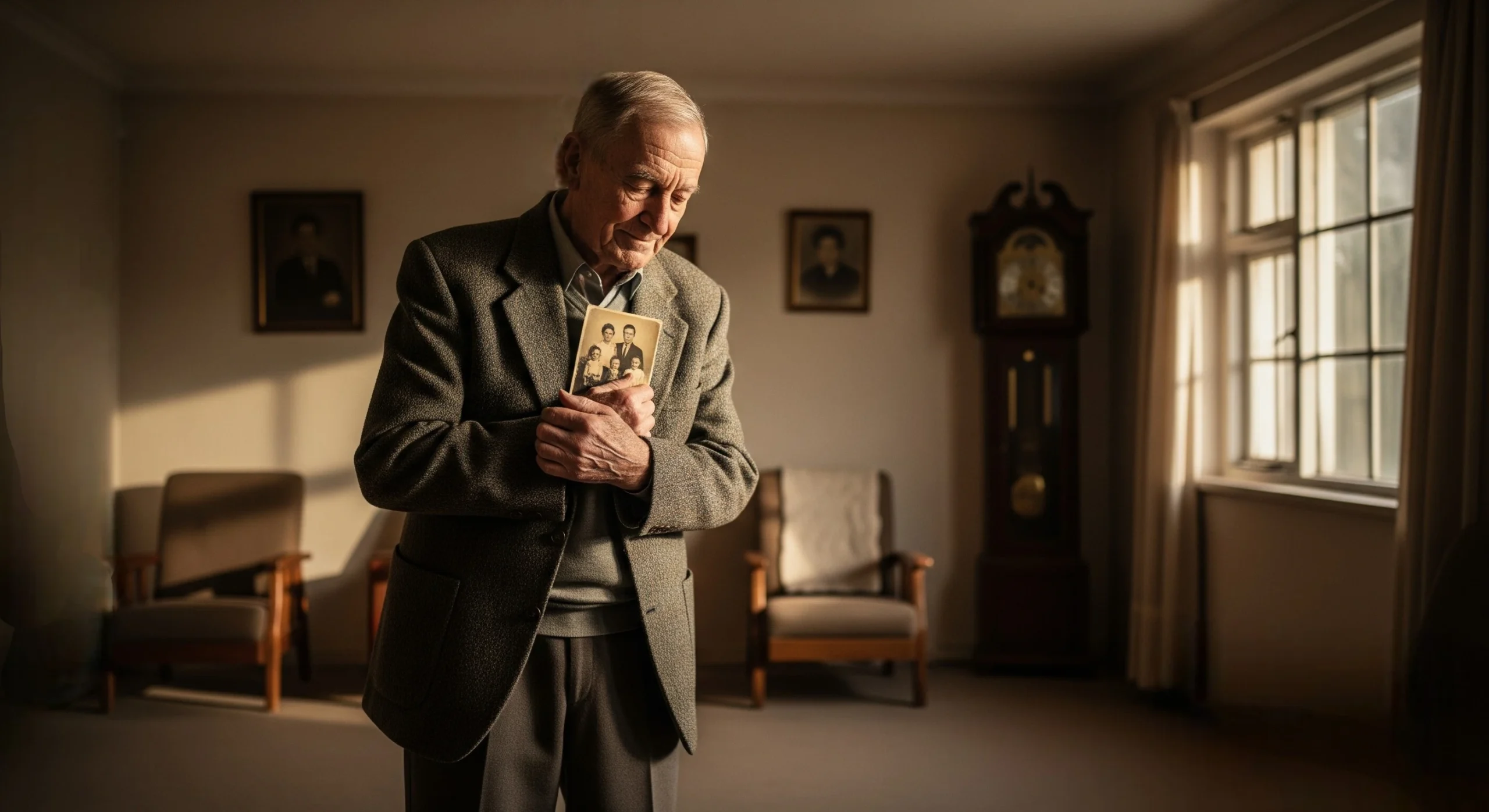Did you know that nearly 8 million people seek medical attention due to injuries sustained during falls every year?
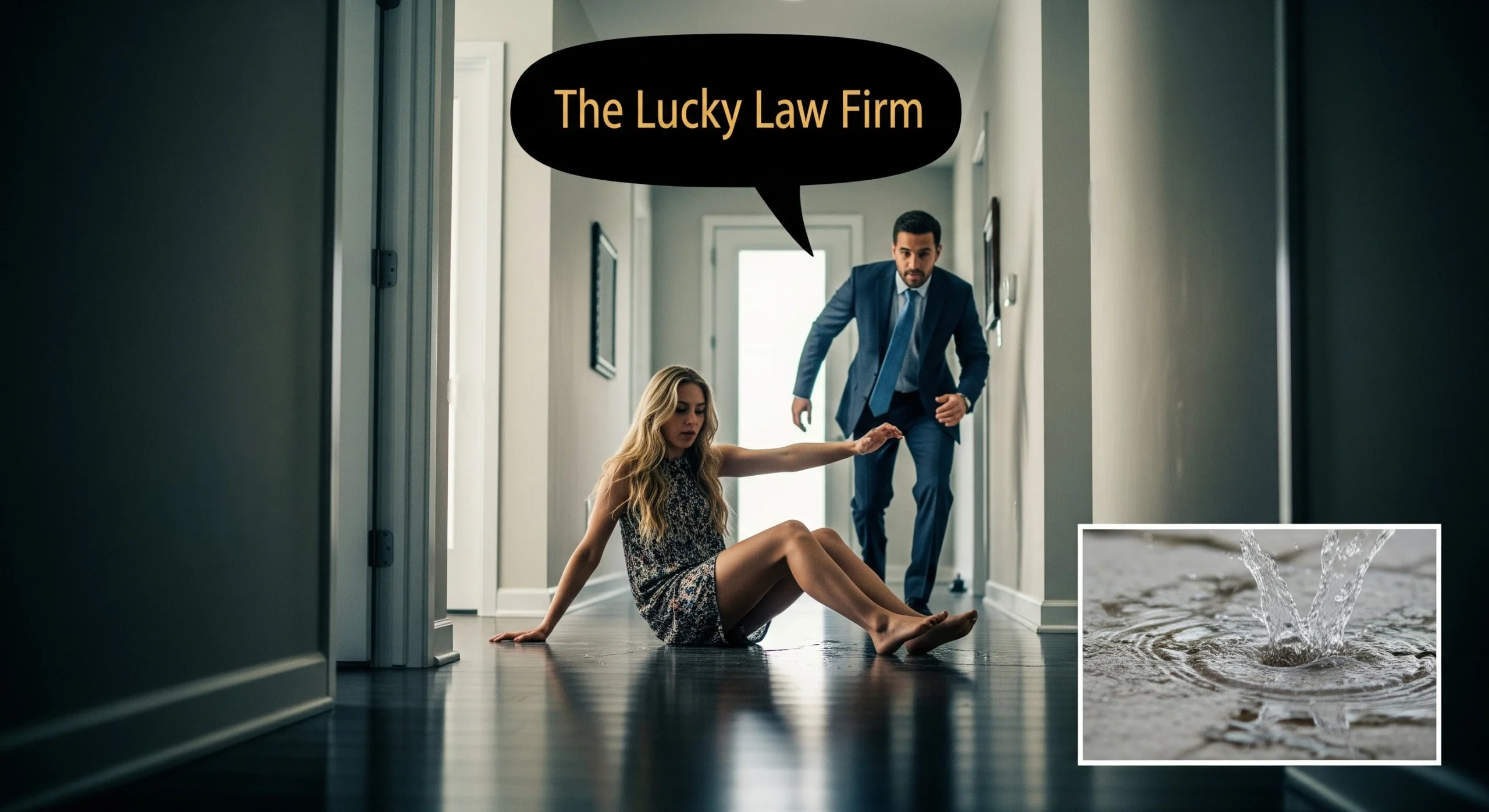
Getting an injury when you are on someone else’s property should be treated seriously. Your life could be heavily affected after you have suffered from an injury. If you want to hold someone accountable for your injury, you need to be ready to understand premises liability and property ownership laws.
According to Sacramento premises liability lawyer Catie Barr, the circumstances surrounding a property liability claim can be confusing. If it happens to be a case of negligence and irresponsible maintenance of property, you may be entitled to claim compensation from the liable parties for your grievances.
There are details in premises liability cases that you need to understand if you want to file a claim. This article will highlight the factors that can make property owners accountable for your injuries.
Understanding Premises Liability
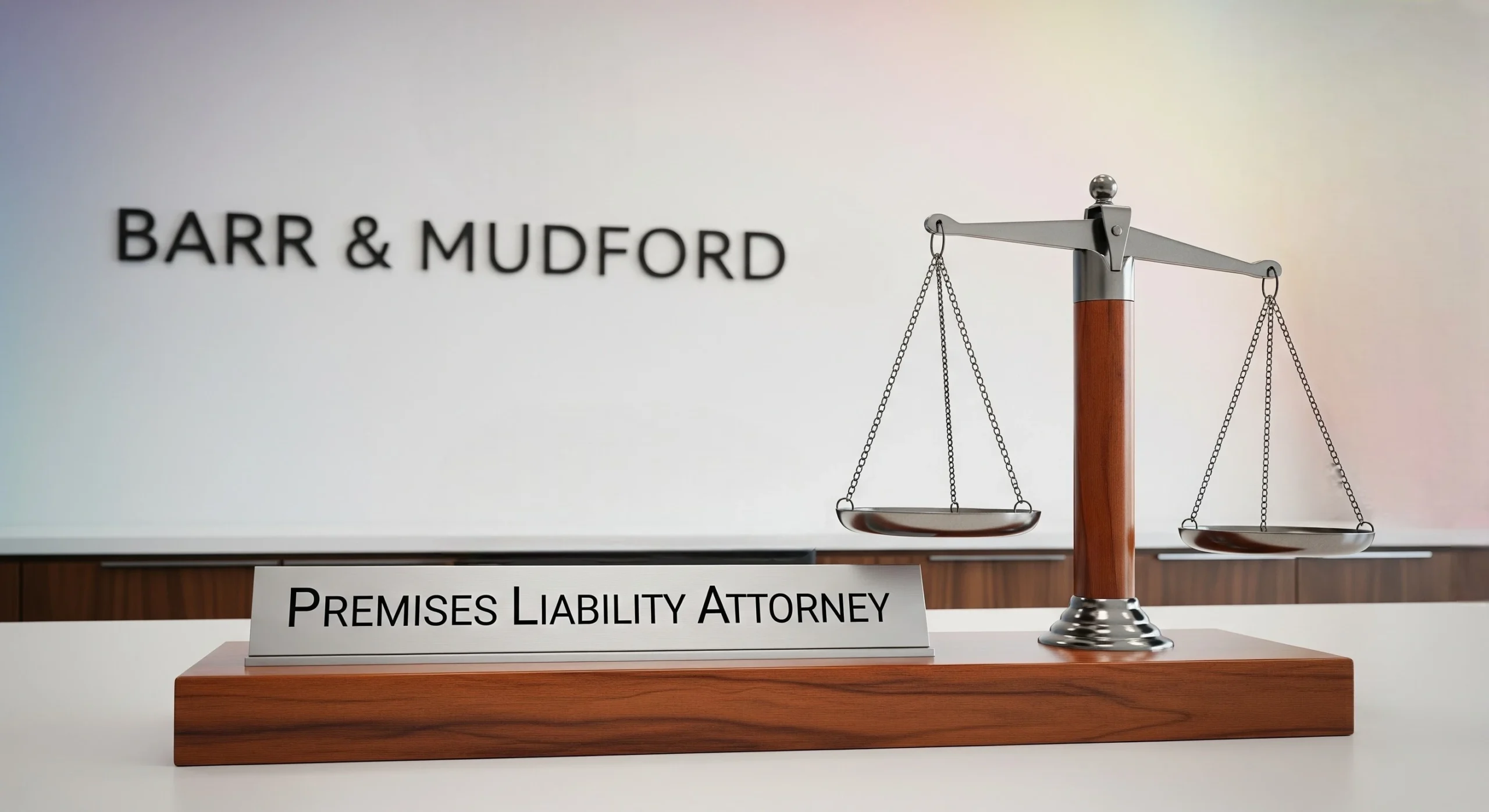
Slip-and-fall lawyer Michael Malinowski Jr. says most of the time, slip-and-fall accidents are the cause of premises liability cases. People often get hurt on property that belongs to or is run by a person or business. You can get compensation from the owner of the property for medical bills, lost wages, and pain and suffering.
Property owners are responsible for keeping their properties secure and free of possible dangers. If the owners’ carelessness results in the injury of an individual, they can be held responsible for the damage caused.
You should regularly inspect your property and fix any faults you notice. Always tell guests about any dangers and make sure they’re aware of potential hazards on your property.
Your initiative to reduce the dangers on your property helps maintain safety and minimizes the risk of getting sued.
Common Hazards That Lead to Injuries
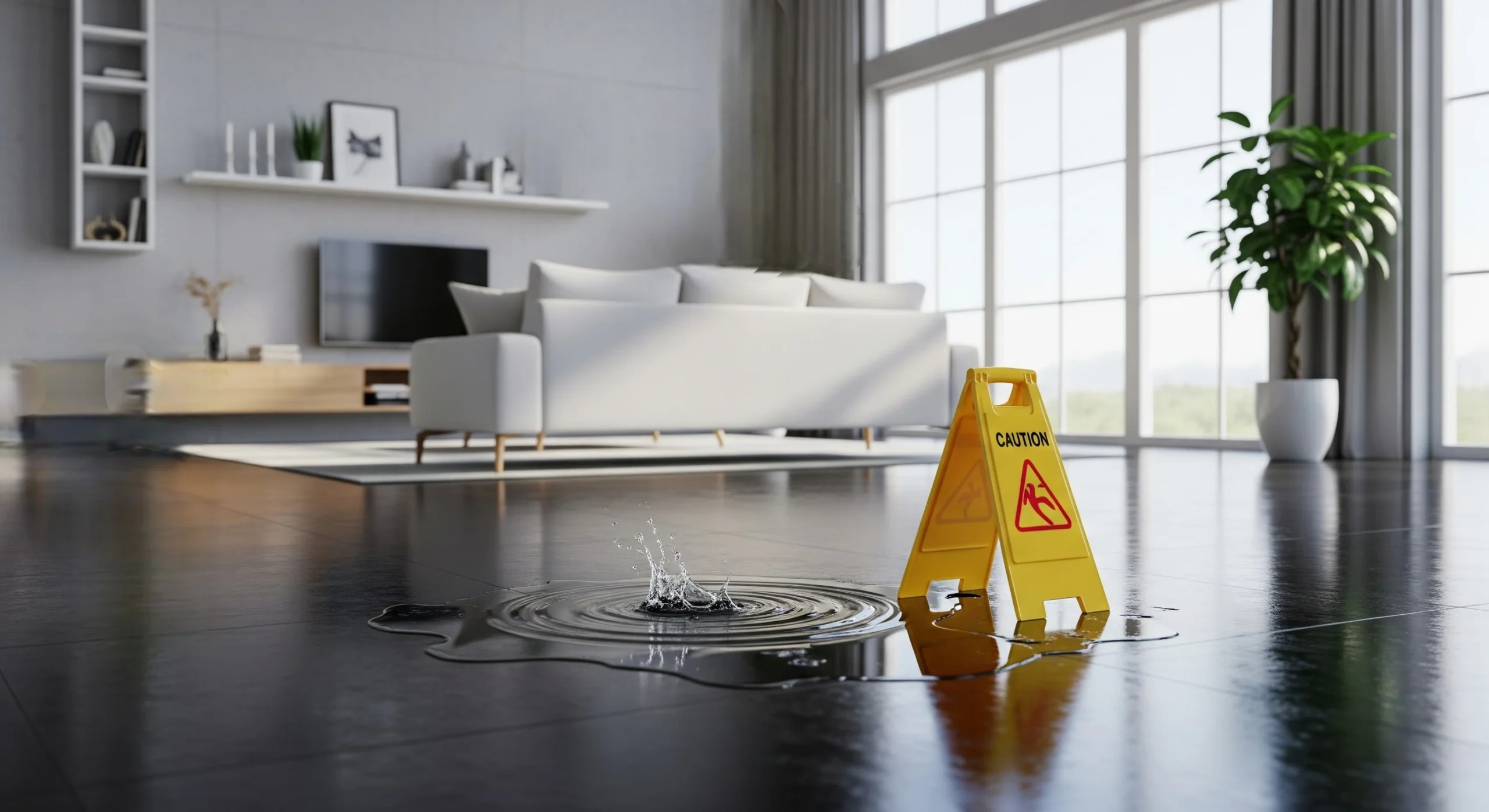
There may be several risks that could hurt those who come to your property. Property owners need to know about these risks to keep accidents from happening.
- If the walkway or surface is wet or uneven, people can slip and fall. One simple way to remedy this problem is to keep walkways clear and dry. People can trip and fall in garages or storage places that are messy or chaotic.
- You need to install proper lighting on your stairs and, if possible, the pathway to your house. Illuminating the road for guests reduces the likelihood that they will fall and suffer serious injuries on themselves. Don’t simply leave sharp tools and dangerous equipment lying out in the open. Put them away in a safe place so that your guests won’t stumble upon any of them inadvertently.
- Don’t take your eyes off your pets if they are aggressive to visitors. Keep them under your control or attach a leash to them. Animals that lack good behavioral training can bite or cause injuries to visitors. Poorly maintained structures, like fences or decks, can collapse, causing serious harm.
The Role of Negligence in Liability
You can show that there was negligence on the part of the property owner by providing proof that the owner did not put up safety measures on the property prior to your visit. You can gather evidence in the form of an unfixed dangerous structure, a lack of sufficient cautionary signs, or just insufficient safety maintenance on overall grounds.
Owners can show their concern for their visitors’ safety by placing clear warning signs explicitly portraying the possible on-site hazards. Signs inform people whether the floor is wet, uneven, or otherwise dangerous to prevent accidents.
If there are no warning signs installed on the property, the owner can be liable for injuries that take place on his or her property.
You have a stronger case if you can show that the owner should have known about a dangerous situation. You can build a strong case if you can clearly demonstrate that the owner should have had prior knowledge of the property’s dangerous situation.
How Property Maintenance Affects Liability
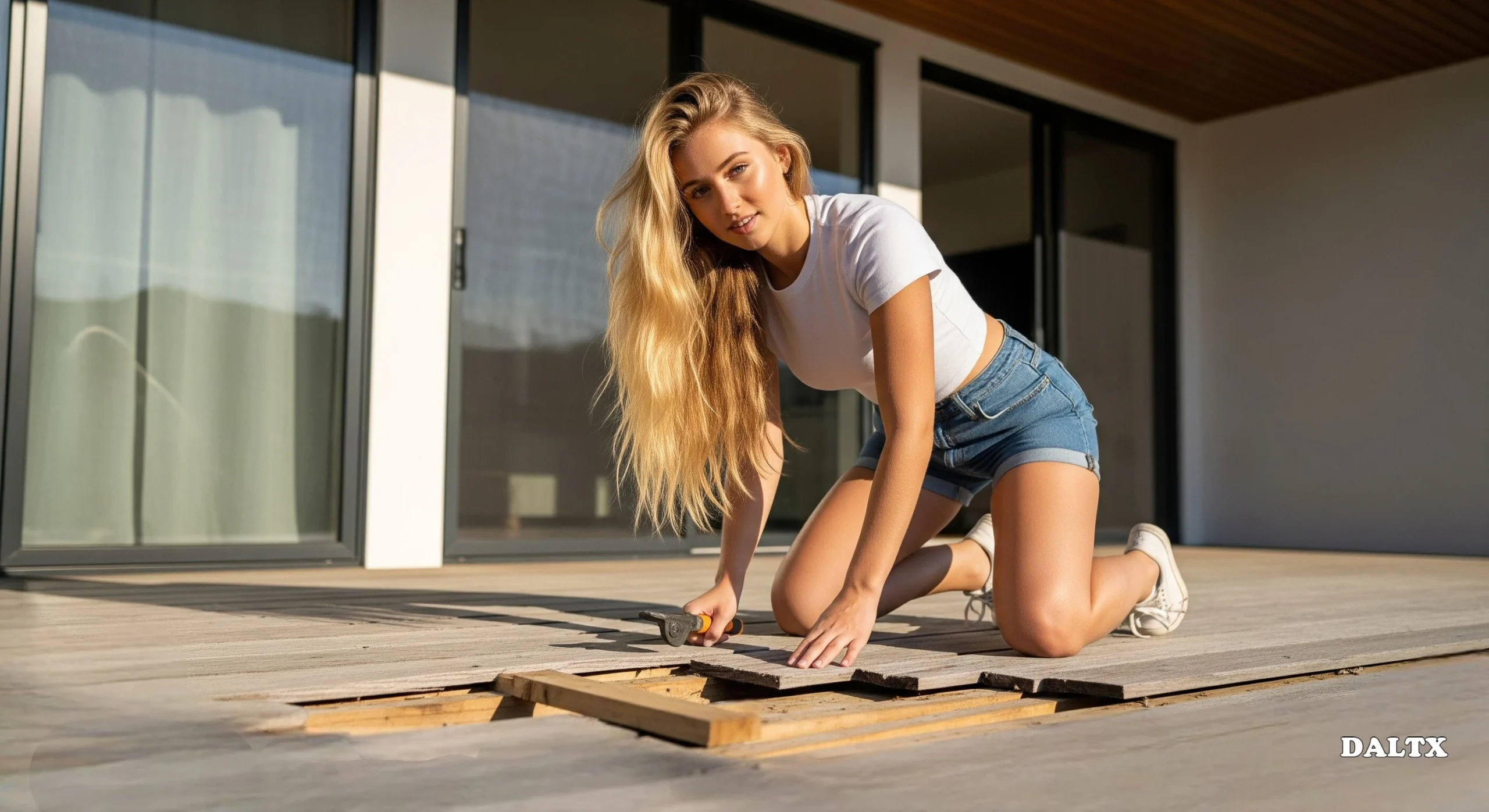
If a property owner doesn’t keep their property in good shape, they may be responsible for accidents that happen resulting from their negligence in property maintenance.
The property owner is obviously accountable for damages if a slip or fall is caused by an unmarked or uncleaned wet floor. Property owners need to act quickly to avoid accidents by fixing broken structures and cleaning debris off the floor.
If the owner fails to implement safety measures on the property, a lawsuit can be filed against him or her. If you own property and do not want to be sued, make sure the property is safe for anyone coming about by maintaining it regularly.
Legal Steps to Take After an Injury
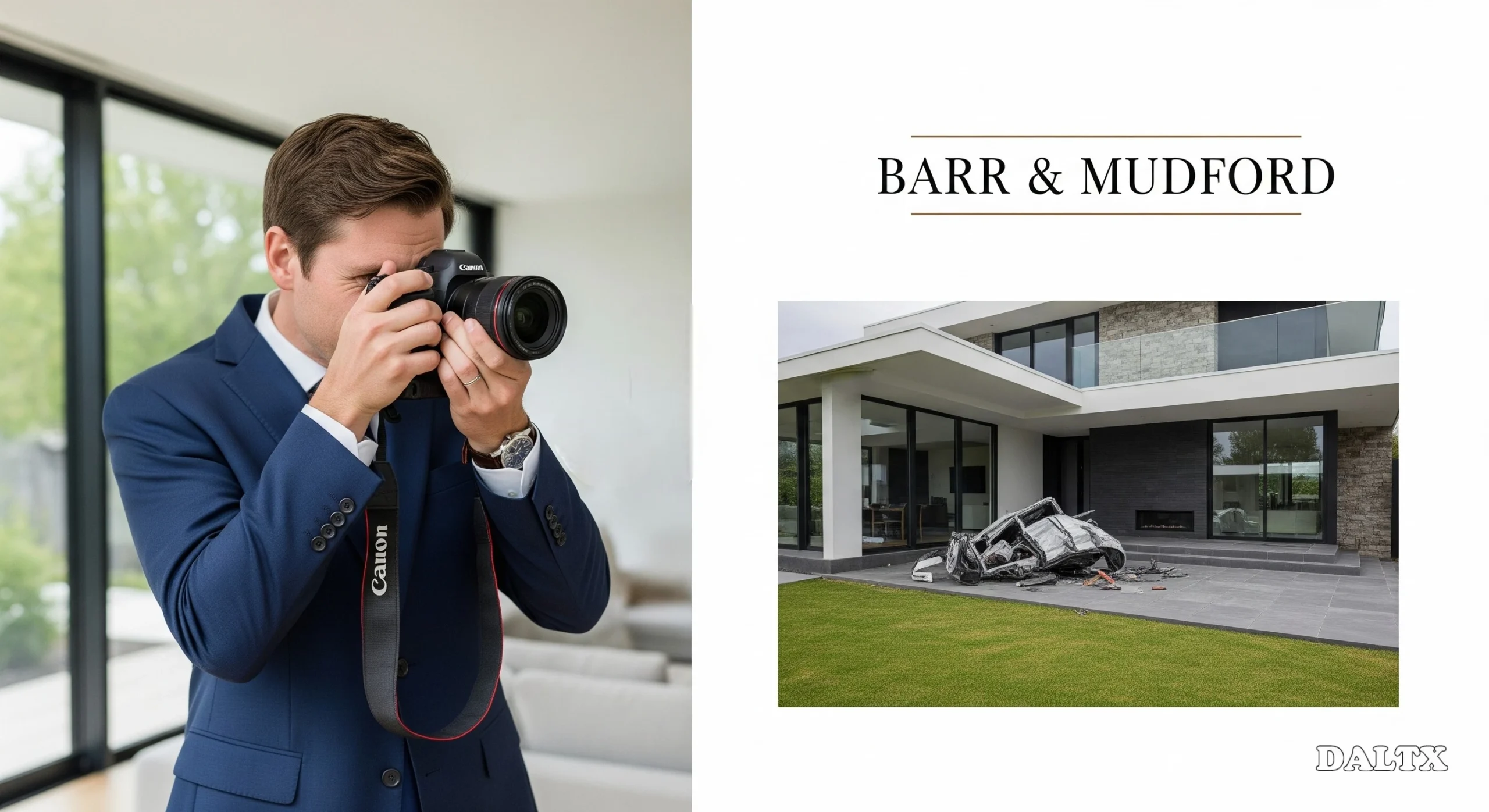
What should you do immediately after an injury occurs on your property?
- Check your safety and seek the necessary medical attention for your injury. You still need to see a doctor even after sustaining minor injuries. There are some injuries that have underlying symptoms that only doctors can detect. Going to the hospital can prevent further complications.
- Document the scene. Pictures of the accident area, the hazard that caused the injury, and any visible injuries should be taken. Try to locate any witnesses of the incident. Ask for their contact information since their statements are valuable and can be used as evidence.
- Report the incident to the property owner or manager. See to it that what happened was properly recorded. Create a journal related to the incident and write down the details of what happened while it is still fresh in your mind.
- Don’t throw away your medical records and receipts related to your treatment. These documents can still be used for future discussions about the injury.
Seeking Compensation for Your Injuries

You can start to focus on pursuing compensation after you have received proper medical treatment.
You need to collect all the relevant evidence and inform the property owner or their insurance company regarding the incident. Provide information about what happened in a clear and concise manner.
You can consult a personal injury attorney if the property owner’s insurance denies your claim.
If you hire a lawyer, you will have a greater understanding of how the law works. They can handle negotiations on your behalf and work to get you reasonable compensation to help with your medical bills, missed wages, and pain and suffering.


